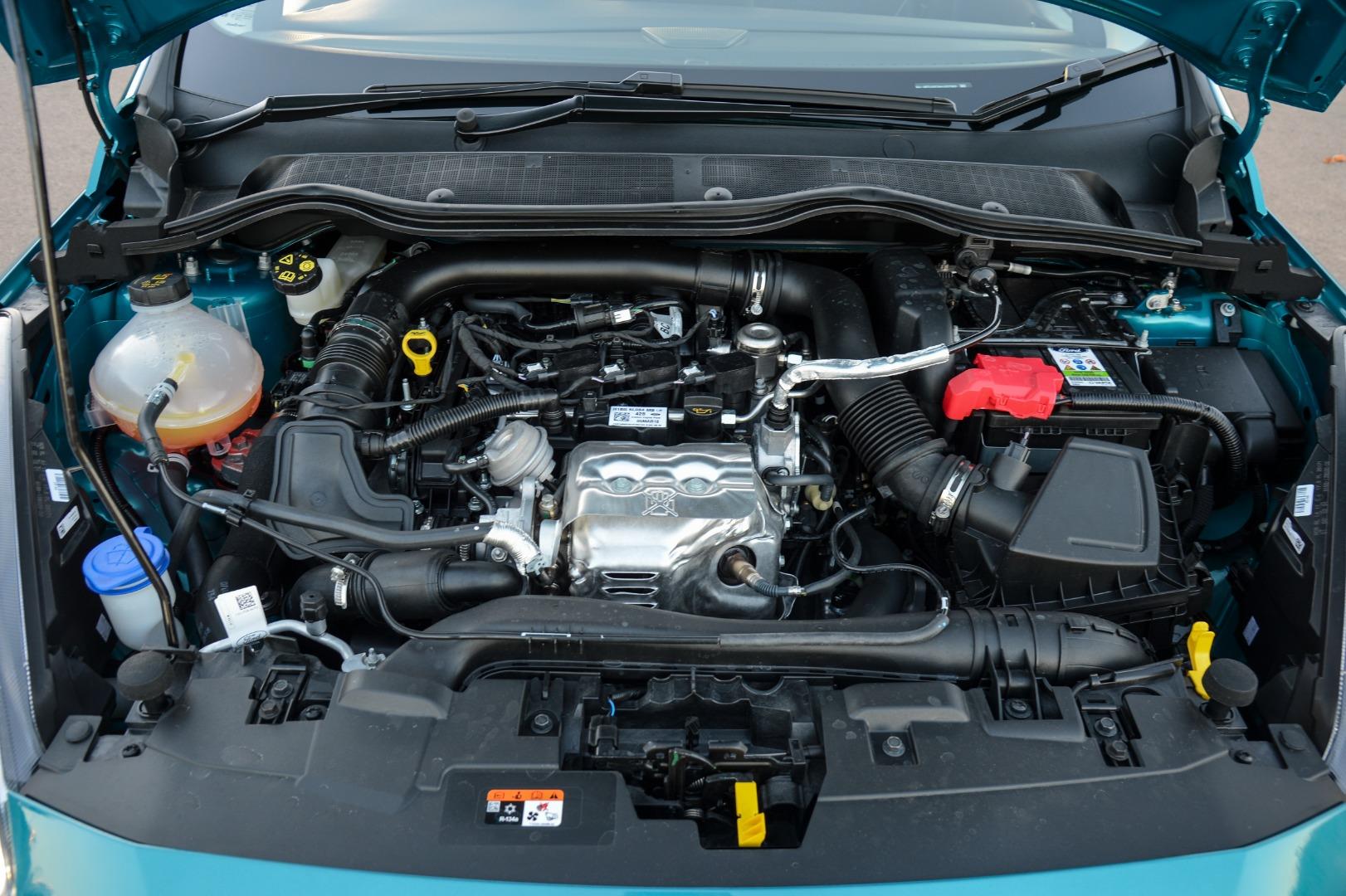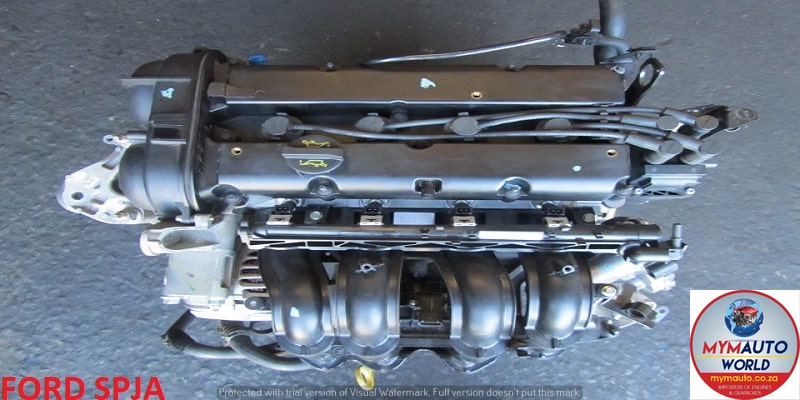The Future of Engines: Advancements Driving Lasting Power Solutions
As the automobile sector browses the essential shift towards sustainability, the future of engines is increasingly defined by groundbreaking advancements. Electric engine developments, together with encouraging developments in hydrogen fuel cells and biofuels, are reshaping the landscape of power services.
Electric Engine Developments
The development of electrical engine developments symbolizes a critical change in the automobile and aerospace markets, driven by the immediate need for lasting options to nonrenewable fuel sources. This shift is characterized by considerable developments in battery modern technology, power electronics, and electric motor style, which jointly improve the efficiency and efficiency of electrical engines.
Current innovations have actually led to the production of lighter, much more energy-dense batteries, such as lithium-silicon and solid-state batteries, which guarantee longer arrays and shorter charging times. In addition, enhancements in electrical motor effectiveness, such as the use of long-term magnets and advanced cooling down systems, allow electric engines to run efficiently under differing conditions. These improvements not just boost automobile performance but likewise add to a decrease in overall energy consumption.
Furthermore, the combination of sophisticated software formulas has actually maximized energy administration in electric vehicles, enabling regenerative braking and predictive charging approaches. As makers increasingly welcome electrical propulsion, the automotive and aerospace sectors are witnessing a paradigm shift towards greener modern technologies. This evolution not just fulfills regulative demands however additionally straightens with consumer preferences for ecologically friendly transportation solutions, solidifying electrical engines as a foundation of future lasting flexibility.
Advancements in Biofuels
As the aerospace and automobile industries progressively prioritize lasting energy resources, advancements in biofuels arise as a corresponding option to electric engines. Biofuels, stemmed from natural products such as plants, waste, and algae, present a cutting-edge opportunity for minimizing greenhouse gas exhausts and reliance on nonrenewable fuel sources.
Recent study has concentrated on improving the performance and sustainability of biofuel manufacturing. Second-generation biofuels utilize non-food feedstocks, reducing competitors with food supply and lowering ecological impact. Improvements in artificial biology have actually allowed the design of bacteria to create biofuels a lot more properly, leading to greater returns and reduced manufacturing prices.
Additionally, the development of drop-in biofuels enables for smooth assimilation right into existing infrastructure, allowing a smoother change for industries traditionally based on nonrenewable fuel sources. ford fiesta engine. These fuels can be used in existing engines without modifications, facilitating their adoption throughout different industries
Investments in biofuel innovation, together with helpful policies, are vital to drive development and scalability. As the global community looks for to deal with climate change, biofuels supply a practical, instant service that lines up with the overarching goal of sustainability in transport and air travel.
Hydrogen Fuel Cell Modern Technology
An expanding number of scientists and business are checking out hydrogen gas cell technology as a sensible choice to traditional power sources in transportation and power systems. This innovation converts chemical power from hydrogen into electrical energy with an electrochemical response, with water as the only byproduct, making it an eco-friendly option.
The core of hydrogen fuel cells is the fuel cell pile, where hydrogen molecules are divided into protons and electrons. The circulation of electrons creates electrical power, while protons relocate through a membrane layer to integrate with oxygen from the air, forming water. This procedure results in high efficiency and reduced emissions, placing hydrogen gas cells as a critical gamer in the shift to sustainable energy.
Substantial improvements have been made in enhancing the sturdiness and efficiency of gas cells, along with minimizing prices via innovative manufacturing methods. The advancement of hydrogen manufacturing methods, such as electrolysis powered by sustainable power sources, improves the sustainability of the More hints total system. As infrastructure for hydrogen refueling expands and production approaches become extra efficient, hydrogen gas cell technology holds wonderful pledge for decarbonizing various fields, including sturdy transportation and stationary power generation.
Hybrid Equipments and Their Effect
Crossbreed systems stand for a considerable evolution in lasting engine modern technology, combining standard inner burning engines with electric propulsion to optimize power performance and minimize discharges (ford fiesta engine). This double technique enables automobiles to use both source of power, allowing higher versatility in energy consumption and decreasing reliance on fossil fuels

In addition to ecological benefits, hybrid systems use consumers a viable transition towards fully electrical lorries. They alleviate range anxiety by incorporating the ease of gas with the advantages of electric propulsion, making them an eye-catching choice for a wider target market. As producers spend in hybrid modern technology, the development of advanced battery systems and light-weight materials proceeds to improve performance. On the whole, hybrid systems stand for a crucial action towards attaining sustainable transportation and resolving the immediate requirement for environmentally pleasant power remedies.
The Duty of AI in Engine Style
Leveraging innovative algorithms and machine discovering techniques, the automobile market is increasingly integrating fabricated intelligence (AI) right into engine layout processes. AI improves the performance and efficiency of design by evaluating huge datasets to recognize optimal setups and efficiency parameters. This ability enables designers to simulate different operating problems and predict engine habits under several circumstances, considerably minimizing the moment and expense related to typical prototyping approaches.
Moreover, AI facilitates the advancement of advanced products and burning processes customized for sustainability. By optimizing gas efficiency and reducing exhausts, AI-driven styles line up with worldwide efforts targeted at decreasing the carbon footprint of automobile engines. Device knowing algorithms can also forecast upkeep demands, leading to enhanced reliability and longevity of engine components.
Moreover, AI contributes in the integration of electrification innovations, such as hybrid systems, where it can optimize battery monitoring and power recuperation procedures. As the useful site industry relocates in the direction of even more lasting power solutions, the role of AI in engine published here design ends up being progressively essential, driving advancement and boosting the performance of future engines. Ultimately, the partnership between AI and engine layout advertises a new period of smarter, cleaner, and a lot more effective automotive modern technologies.

Verdict
In verdict, the future of engines is being formed by a merging of ingenious modern technologies that focus on sustainability. Electric engine improvements, biofuel advancements, hydrogen fuel cells, and hybrid systems collectively add to a substantial decrease in discharges and environmental impact.
Electric engine advancements, alongside encouraging growths in hydrogen gas cells and biofuels, are improving the landscape of power options. In addition, renovations in electric motor effectiveness, such as the use of long-term magnets and progressed cooling down systems, enable electric engines to operate successfully under varying conditions. By maximizing gas efficiency and lessening discharges, AI-driven designs straighten with worldwide initiatives intended at lowering the carbon impact of automobile engines. As the market moves towards even more sustainable power services, the function of AI in engine design becomes progressively vital, driving technology and improving the performance of future engines. Electric engine improvements, biofuel developments, hydrogen gas cells, and hybrid systems jointly contribute to a considerable decrease in discharges and ecological effect.